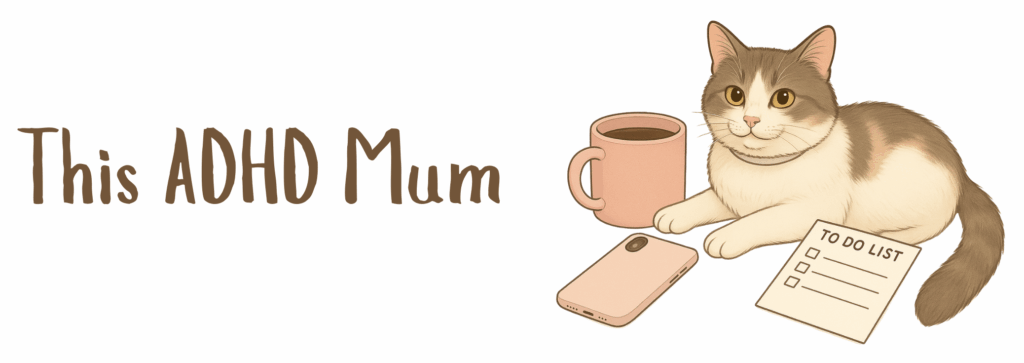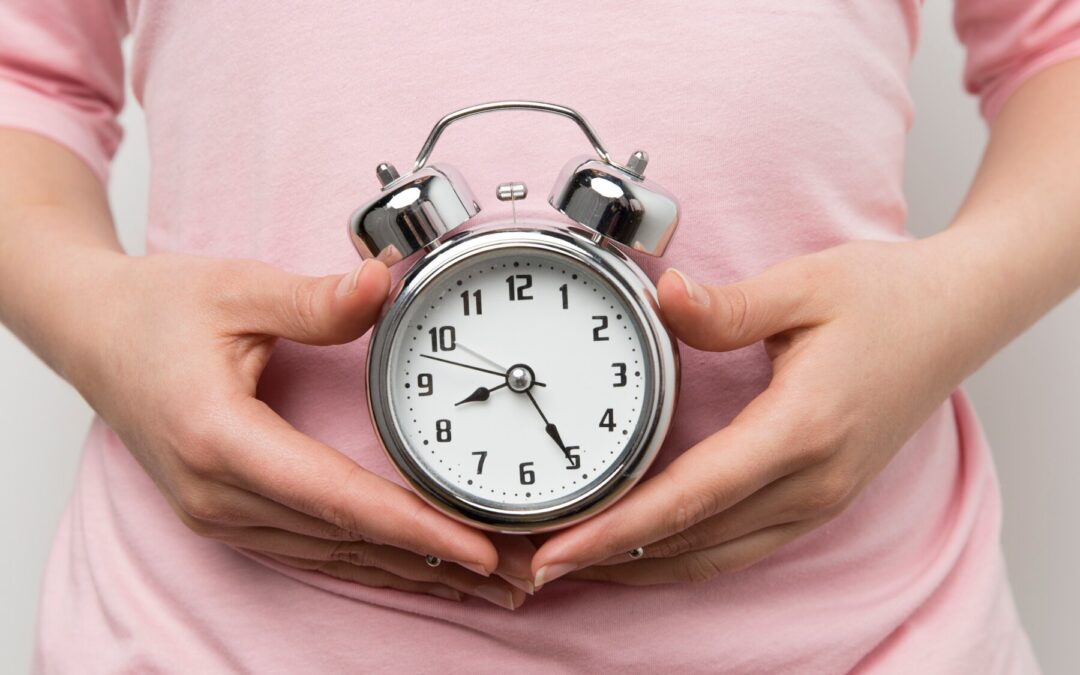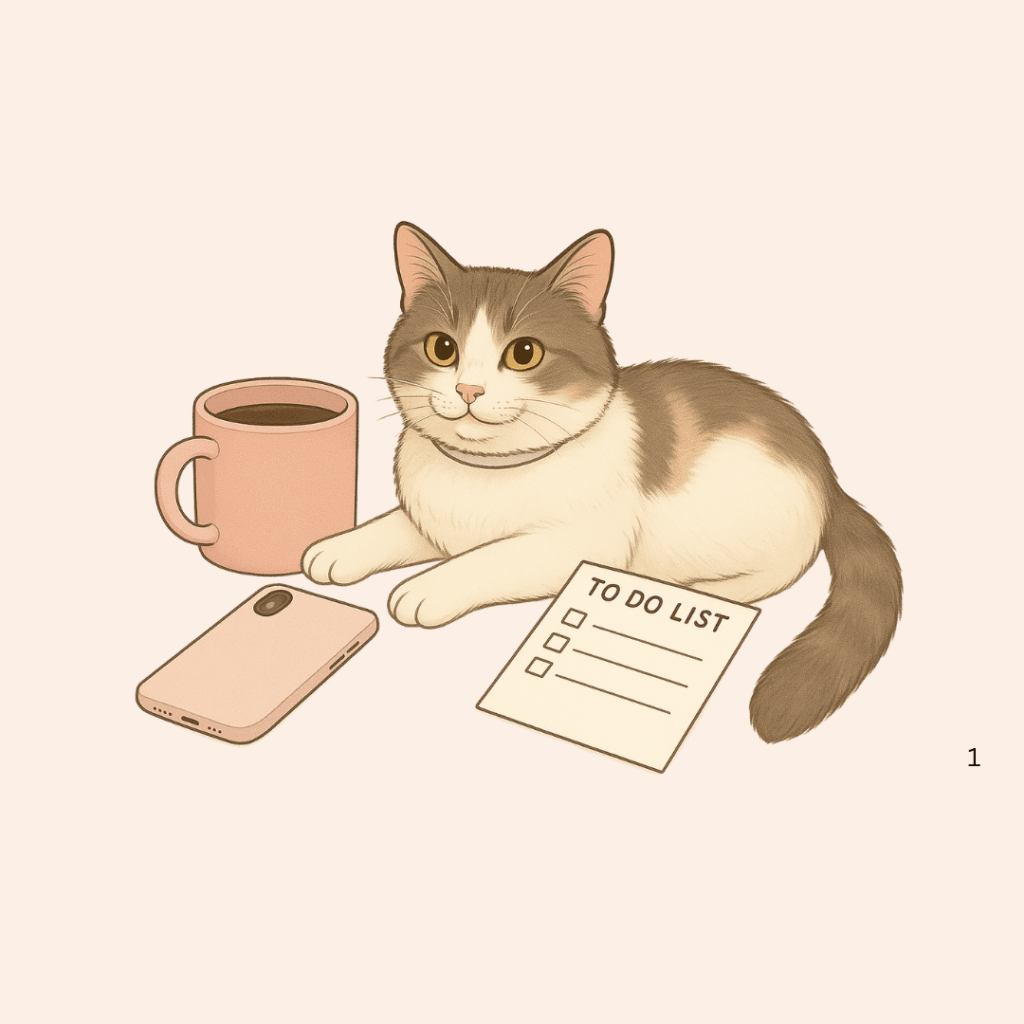
Menopause. It’s one of those words that can make people either roll their eyes or look slightly terrified. But the truth is, it’s just another stage of life — a big one, yes, and not always an easy one, but definitely something you can get through (and even thrive in) with the right tools and mindset. It usually happens somewhere between your mid-40s and mid-50s, when your body gradually stops producing as much oestrogen, and your periods come to an end. The changes can bring all sorts of fun extras like hot flushes, mood swings, sleepless nights, and brain fog — but you’re not losing your mind or your sparkle; your body’s just adjusting.
Below are five genuinely helpful things that can make the whole experience a lot more manageable.
1. Get to Know What’s Happening to Your Body
The first big thing is understanding what’s actually going on. A lot of the stress comes from not knowing why you suddenly can’t sleep, remember words, or stop sweating in the middle of a meeting. Once you realise it’s your hormones doing the cha-cha, it all starts to make a bit more sense.
Oestrogen and progesterone levels drop during menopause, and those hormones do loads more than just control your periods. They affect your brain, your bones, your mood, your temperature, even how your skin and hair behave. So when they fluctuate, it’s no wonder everything feels a bit out of balance.
Talk to your GP — seriously, don’t just soldier on in silence. There’s no medal for suffering through it alone. Your doctor can check what stage you’re at (perimenopause, menopause, or postmenopause) and discuss options like HRT (hormone replacement therapy), which replaces some of the hormones your body’s stopped making. It’s not for everyone, but for many women it’s a total game changer — helping with hot flushes, mood swings, and even protecting your bones and heart.
The more you know, the more you can work with your body instead of feeling like it’s turned against you.
2. Sort Out Your Sleep (and Don’t Feel Guilty About It)
Sleep during menopause can be an absolute nightmare — literally. Night sweats, restlessness, and anxiety can keep you tossing and turning for hours. But decent sleep is key for everything: mood, memory, energy, and coping in general.
A few simple tweaks can make a big difference. Keep your room cool, wear light cotton pyjamas, and use a fan if you need to, change your bedding to allow you to feel comfortable and coller. Try cutting back on caffeine after midday and ease up on the wine (sorry, but it really can make night sweats worse). Some people swear by magnesium supplements or a bedtime herbal tea.
A proper wind-down routine helps too — not scrolling through your phone until midnight (blue light messes with your sleep hormones), but maybe reading, stretching, or listening to a podcast. And if you wake up drenched, don’t lie there fuming — have a fresh top ready and a glass of water by the bed. It’s about making peace with it rather than fighting it.
3. Move Your Body — Gently but Regularly
Exercise during menopause isn’t about punishment or squeezing into your old jeans. It’s about feeling better, stronger, and calmer. When your hormones are all over the place, moving your body is one of the most powerful ways to reset your mood and boost your energy.
You don’t have to run marathons — walking, swimming, yoga, or dancing round the kitchen all count. Weight-bearing exercises (like light weights or resistance bands) are especially good because they help protect your bones, which can weaken after menopause.
The other big bonus is how exercise helps your brain. Those endorphins — the “feel-good” hormones — can really lift your mood and reduce anxiety. And if you make it social (a walk with a mate, a class at the gym, or an online group), it gives you that bit of community that’s easy to lose when you’re not feeling your best.
It’s not about perfection — it’s about movement that makes you feel more you. Also, if you are prone to hot flushes, there is no shame in carrying a small portable fan with you, to help cool you down. I have found this one of the most helpful things to have to hand
4. Mind Your Mind — It’s Not All in Your Head
One of the hardest parts of menopause can be the mental side. You might feel like your emotions are on a rollercoaster, or like you’re constantly anxious for no clear reason. Some women describe it as losing confidence or not recognising themselves anymore. That’s the hormonal shifts talking, but that doesn’t make it any less real.
Mood changes, brain fog, and low motivation are all common — but they can be helped. Talking therapies like CBT (cognitive behavioural therapy) can teach you ways to handle anxious thoughts and reframe negative thinking. Meditation or mindfulness apps can also help calm a racing mind.
It’s really important to talk about it — with your partner, your friends, your GP, whoever will listen. Bottling it up just makes it heavier. You’ll probably find that half the women you know are feeling the same and have just been too embarrassed to say it out loud. There’s a lot more conversation about menopause these days, and that’s a good thing. The more it’s normalised, the easier it is to get help when you need it.
And please, if your mood drops seriously low, don’t brush it off as “just hormones.” Reach out for proper support. You deserve to feel good again.
5. Eat to Support Your Changing Body
Food can make a massive difference in how you feel during menopause. It’s not about dieting — it’s about nourishing your body with what it needs right now.
Focus on a balanced diet full of colourful fruit and veg, lean proteins (like chicken, fish, beans, or tofu), whole grains, and healthy fats from nuts and seeds. Calcium and vitamin D are crucial for your bones, while foods rich in magnesium can help with sleep and mood.
Cutting down on processed foods, caffeine, and alcohol can help steady your blood sugar and reduce those energy crashes or hot flush triggers. And don’t forget to drink plenty of water — dehydration can make fatigue and headaches worse.
Some women find that adding phytoestrogen-rich foods (like soy, flaxseeds, and chickpeas) helps a bit, as these plant compounds mimic oestrogen in a mild, natural way. They’re not magic, but they’re easy to include and might give you a subtle boost. There are also supplements that some women find beneficial to help with certaint symptoms.
And please — don’t skip meals. Your metabolism changes, and eating regularly keeps your energy steady and your mood balanced. Think of food as fuel for your future self.
Coping with menopause isn’t about “getting through it” as fast as possible — it’s about adapting and giving your body what it needs now. You might not feel like the same person you were ten years ago, and that’s okay. This stage can actually be a brilliant opportunity to re-evaluate how you live and what makes you feel good.
Community really helps. Join a local menopause support group, or even just follow a few relatable voices online — people who speak honestly and make you feel less alone. There’s something powerful about hearing “me too” from someone who gets it.
Don’t let anyone make you feel like you’re being dramatic or weak. Menopause can be tough — physically, mentally, and emotionally. But you’ve handled every other big change life’s thrown at you, and this one’s no different. With the right info, good habits, and a bit of self-kindness, you’ll come out the other side stronger, wiser, and still absolutely yourself.
In Short
If you only remember a few things, make them these:
-
Know what’s happening and talk to your GP.
-
Sleep matters, so prioritise rest.
-
Move regularly, in ways that make you happy.
-
Look after your mind as well as your body.
-
Eat to feel good, not to punish yourself.
Menopause isn’t the end of anything — it’s the start of a new chapter where you get to put yourself first a bit more. And that’s nothing to be scared of.





 This ADHD Mum was born when I hung up my parenting blogger hat and decided to share life as I see it through the lens of someone with late diagnosed ADHD. You will find ADHD & mental health content, life as I ride the menopause rollercoaster, food, because food is life, and because we love them, all things cat.
You can reach out to me at info@thisadhdmum.com or find us on social media
This ADHD Mum was born when I hung up my parenting blogger hat and decided to share life as I see it through the lens of someone with late diagnosed ADHD. You will find ADHD & mental health content, life as I ride the menopause rollercoaster, food, because food is life, and because we love them, all things cat.
You can reach out to me at info@thisadhdmum.com or find us on social media 